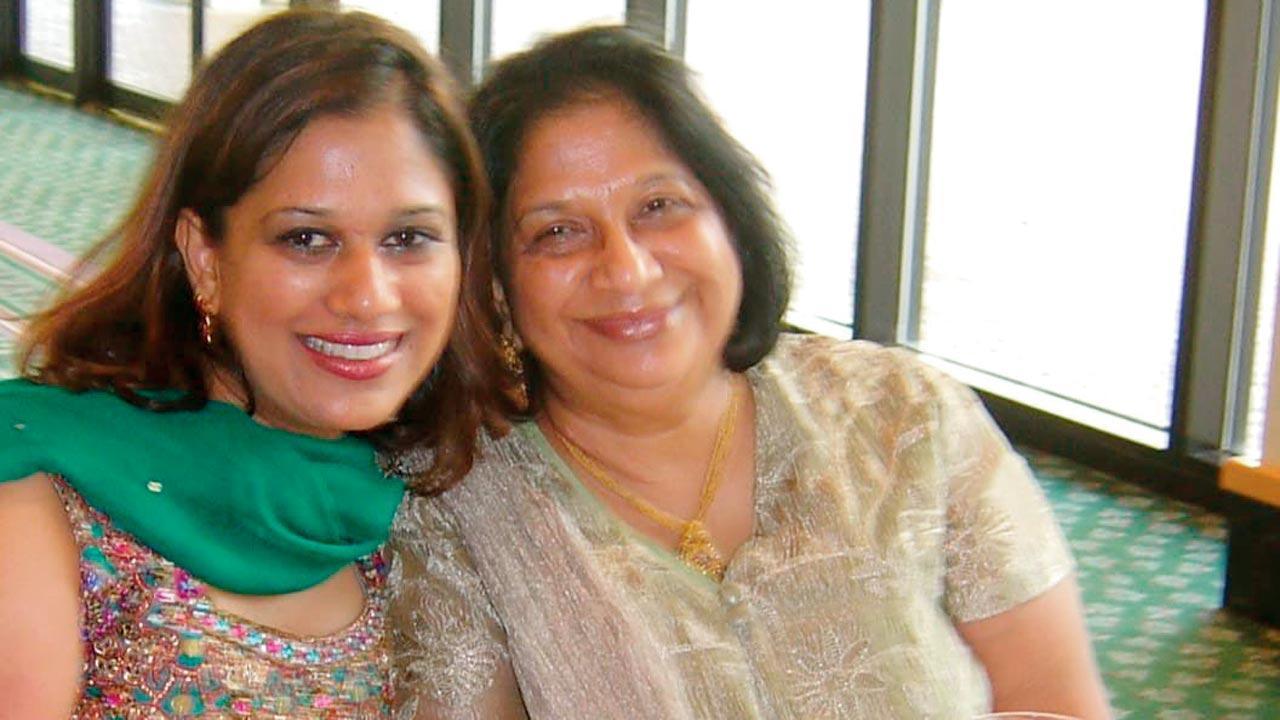The growing trend of ‘carefluencing’ has helped foster a safe space for the country’s nurturing warriors

Usha Tewari with her late mother, who suffered with dementia
Caregivers also need care,” says Bhavana Issar, a caregiver and the founder of Caregiver Saathi, an online support group and community ecosystem for all family caregivers. In an age where food and fashion influencers have become the face of content creation, the trend of carefluencing is gaining ground to turn tables for those who are nurses or guardians to family members and patients. Carer and nurses document their experiences of looking after their wards, and share professional tips and experiences, breaking the traditional definition of professional nurturers.
ADVERTISEMENT
“Social media is really the only way a lot of these people can access support, education, and a sense of belonging,” says Francesca Falzaran, an assistant professor at the University of Southern California Leonard Davis School of Gerontology, who coined the term “carefluencers” in an interview with the New York Times this year.
In India, caregiving and nursing are often bracketed under professional and familial responsibilities, undermining the roles. Carefluencing is gently nudging a shift in this mindset. “The mindset of doctors being the only saviours is gradually changing,” says Dr Ashok Sharma, a registered nurse and founder of Nursing Champs (an institute that trains nurses and care providers).
 Zavher, caregiver Dr Ashok, registered nurse and founder of Nursing Champs. INSTAGRAM-NURSINGCHAMPS_INDIA; Usha Tewari, an Indo-American who cared for her mother; and Bhavana Issar, Founder of Caregiver Saathi
Zavher, caregiver Dr Ashok, registered nurse and founder of Nursing Champs. INSTAGRAM-NURSINGCHAMPS_INDIA; Usha Tewari, an Indo-American who cared for her mother; and Bhavana Issar, Founder of Caregiver Saathi
It has helped many carers and nurses find the strength and resources to fight daily battles. “As an Indo-American,” says Usha Tewari, whose late mother suffered from dementia, “I felt very isolated while caring for my mother, due to the cultural difference in ideologies. This pushed me to share my journey on social media, which comforted me by providing an outlet for anxiety and creating awareness for other individuals.”
A judgement-free space is necessary to release and cope with compassion fatigue, often the bane of the role. “Carefluencing and the community round it provided a safe space, free from judgments, and a one-stop solution for medical and emotional requirements during my time of need,” says Zavher, who is reponsible for elderly family members and is an ambassador of Caregiver Saathi. “Support groups are not popular in India, and no platform provides a safe space for their stories. Social media helped create that space and a community for those like myself to share experiences online,” shared Issar.
Despite being a country with more than 35 lakh registered nurses, very few share experiences or provide guidance and support online. “Influencing,” says Dr Sharma, “in any form, creates an impact but oftentimes traction is only created through foreign faces. Adding to this existing complex ecosystem are medical biases towards the nurses and restrictions, such as prohibition of phones and shooting patients in the hospitals, which limits their digital participation.”
Due to the embedded association to familial roles, carefluencing is still nascent to India, as compared to Western countries.
 Subscribe today by clicking the link and stay updated with the latest news!" Click here!
Subscribe today by clicking the link and stay updated with the latest news!" Click here!







